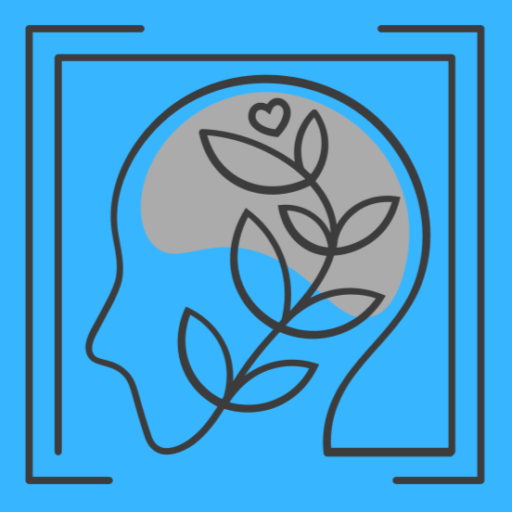About Grief and Loss
At our office in Reno, we take an attachment-based approach in therapy for grief and loss. We understand that coping with these profound emotions is a deeply personal journey that can often feel overwhelming. Our therapists are trained in Emotionally Focused Therapy (EFT), thereby providing compassionate support for those undergoing grief and loss. We bring experienced guidance to help you navigate the turbulent emotions that are part of such significant experiences.
As providers of therapy for grief and loss in Reno, we recognize how grief can unravel the fabric of our lives. It can leave us feeling lost and disconnected. Our experienced therapists help you process your loss at your own pace, validate your emotions, and gently help you find your footing again. We aim to understand your unique experience of grief, knowing that each person's path to healing is their own. In navigating the pain and adjustment that come with loss, you'll be fully supported.
Healing From Grief
Central to our therapy for grief and loss in Reno is the belief that healing is not about moving on from the memory of what you've lost, but rather finding new ways to carry those memories with you. Our attachment-focused therapists work with you to honor your connection to what you've lost. They'll help you build resilience in the face of sorrow, and foster a sense of hope for the future. Whether you're grappling with a recent loss or an old wound that still aches, we are here to help you integrate your experience into your life in a way that feels right for you.
Loss and grief can trigger intense emotional responses, including profound sadness. This emotional pain is a natural reaction to significant life events such as the death of a loved one, the end of a significant relationship, or other major life changes.
Grief Differs from Depression
In our approach to therapy for grief and loss in Reno, it's important to distinguish grief from depression.
Duration: While grief can be prolonged, it often decreases in intensity over time and comes in waves. Unlike depression, it doesn't typically persist daily for weeks or months without relief.
Context: Grief is a specific response to a particular loss or event, an expected and natural process. Depression, on the other hand, might not have an identifiable cause and is a more pervasive mood disruption.
Self-esteem: Those who are grieving may experience feelings of sadness or emptiness, but typically do not report the diminished self-worth often seen in depression.
Guilt: Grief and depression can both involve guilt, but in grief, the feelings often relate to specific aspects of the loss, whereas depression can involve more pervasive feelings of guilt and worthlessness.
It's also crucial to recognize that grief can lead to depression in some individuals. The lines between grief and depression can blur, and grief can manifest in complex ways, sometimes resembling or co-occurring with depression. Our professionals in Reno can help discern these nuances, providing guidance on coping with grief and potential treatments.

